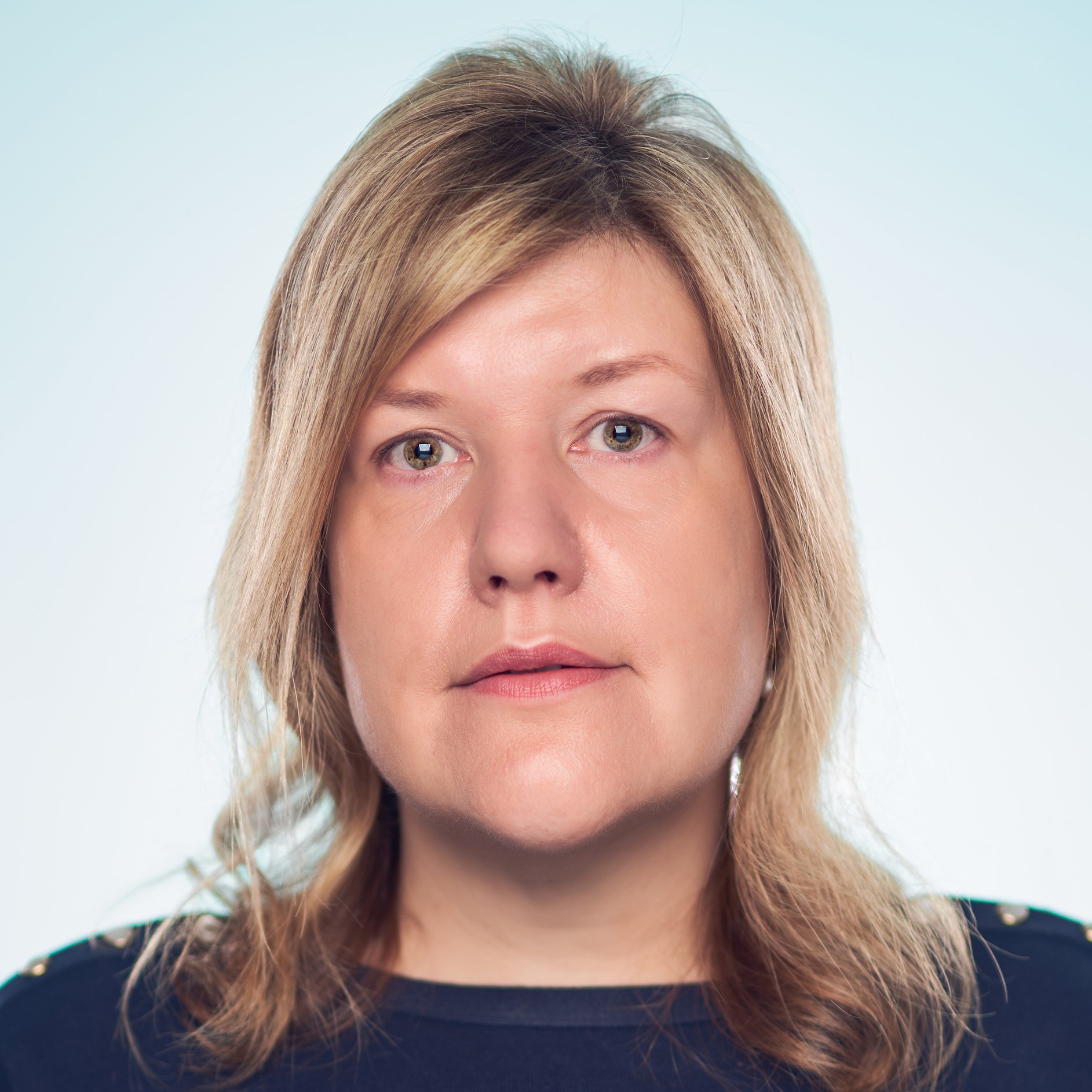
We have all read about the great resignation, great reshuffle and, finally, the great revolt. Many of us are using the period of great reflection to work out what we really want out of our life and our career. So how do you best prepare yourself for a personal career transformation, and find a new purpose and direction?
This starts with exploring your North Star. What is it that gives you a sense of purpose – be it career, volunteering, health, family or something else? Imagine what your best possible future looks like and challenge the assumptions you are making about yourself as you do this. To find your purpose you need to keep asking yourself the ’why’ question. For example, if you want to transition from CFO to CEO, keep asking yourself ‘why?’ to get to your purpose. Your purpose is your guide and anchor to come back to. Whatever you do, it needs to bring you joy. The best advice I had was to focus on what you want to do, not what you used to do, or you are doing or, most importantly, what others think you should do.
It’s then about getting to the practicalities of how to make it happen and asking yourself regularly the ‘how do I do it?’ question.
 About the author
About the authorKaren Thomas-Bland is a Global Board Advisor, Consultant, Coach and Non-Executive Director with over 24 years’ leading business and personal transformations. She is a trusted advisor to many boards, executives, and investors and has been a NED on several private equity boards. Before founding her business Seven, Karen was an executive in IBM, KPMG, and several boutique consultancies, based out of New York, Dubai, and Sao Paulo. Karen is a Chartered Organisational Psychologist, Associate Fellow of the British Psychological Society and is an INSEAD accredited Board Director.
